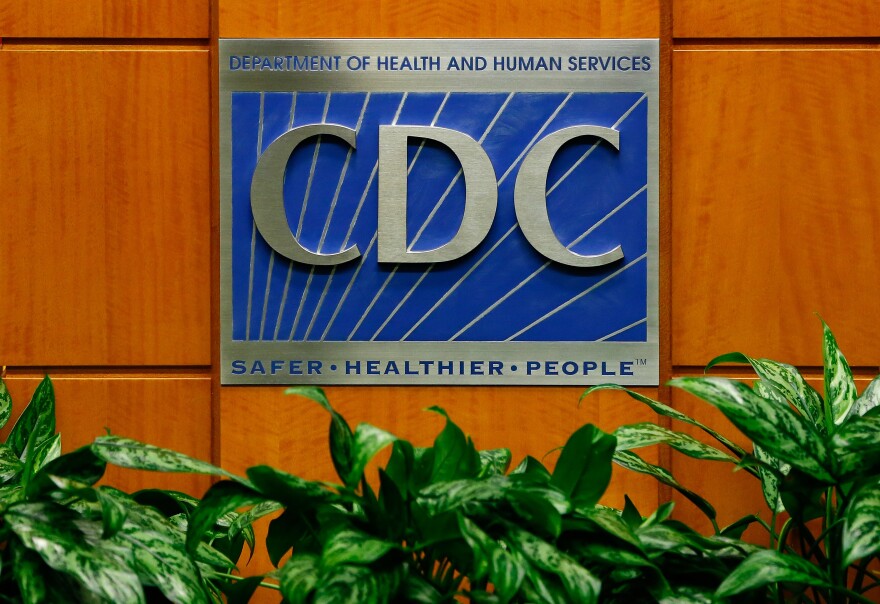A fifth U.S. case of coronavirus has been confirmed, this one in Arizona's Maricopa County. A statementreleased on Sunday from the Arizona Department of Health Services described the patient as "a member of the Arizona State University community who does not live in university housing."
The news was also confirmed by Nancy Messonnier, director of the National Center for Immunization and Respiratory Diseases at the Centers for Disease Control and Prevention, in a press call with reporters.
Earlier Sunday, California officials confirmed the third and fourth cases in that state, one in Orange County and one in Los Angeles County. The first two U.S. cases, confirmed last week, involved one patient in Chicago and one in the Seattle region.
All five U.S.patients had traveled previouslyto Wuhan, China, the epicenter of the infectious disease outbreak, and all five remain hospitalized for now, Messonnier said.
The CDC has just over 100 people "under investigation" for the new strain of coronavirus in 26 states, said Messonnier. So far, 25 of those have tested negative for the virus, and five positive.
The CDC will begin updating these numbers on its website three times a week — Mondays, Wednesdays and Fridays — starting Monday.
"We expect to find more cases of novel coronavirus in the United States," Messonnier said.
Local health workers across the U.S. have been reaching out to the CDC for guidance on how to screen, manage and treat potential cases of the disease. Currently, testing for the virus must take place at the CDC.
"We are getting calls all day, all night from clinicians. That's what we want." She called the inquiries "a good sign" — evidence that the country's public health system is working.
She described the overall health risk in the U.S. from the virus as "low," adding that "at this time in the United States, '2019 novel coronavirus' is not spreading in our communities."
William Schaffner, an infectious disease specialist at Vanderbilt University Medical Center, told NPR he agreed with the CDC's assessment. The three new cases over the weekend are a "sign that the surveillance measures put into place are effective," he says. "Clinicians are aware of the issue when they see a patient whom they suspect of having this new coronavirus infection. They're putting such patients in isolation, caring for them appropriately and safely, using infection control precautions, getting specimens, sending them to the CDC for evaluation."
Messonnier was asked to respond to news reports in which Chinese health officials claimed the new coronavirus couldbe transmitted person-to-person before symptoms had emerged. Messonnier could not confirm that, saying, "We at CDC have no clear evidence of patients being infectious before symptom onset, but we are actively investigating that possibility."
The CDC has had a health team on the ground in China for many years. So far, team members have not been working with their Chinese counterparts on the new coronavirus, she said. "We are hopeful over the coming days that we will have additional involvement," she said.
Messonnier says this is not the first time the U.S. has faced an infectious disease outbreak, and it is prepared for the prospect of a larger epidemic spanning many continents and countries.
"We need to continue to prepare for this as if it is a pandemic," she said. "But hope that it is not."
Copyright 2021 NPR. To see more, visit https://www.npr.org. 9(MDAxODc1ODA5MDEyMjg1MDYxNTFiZTgwZg004))




